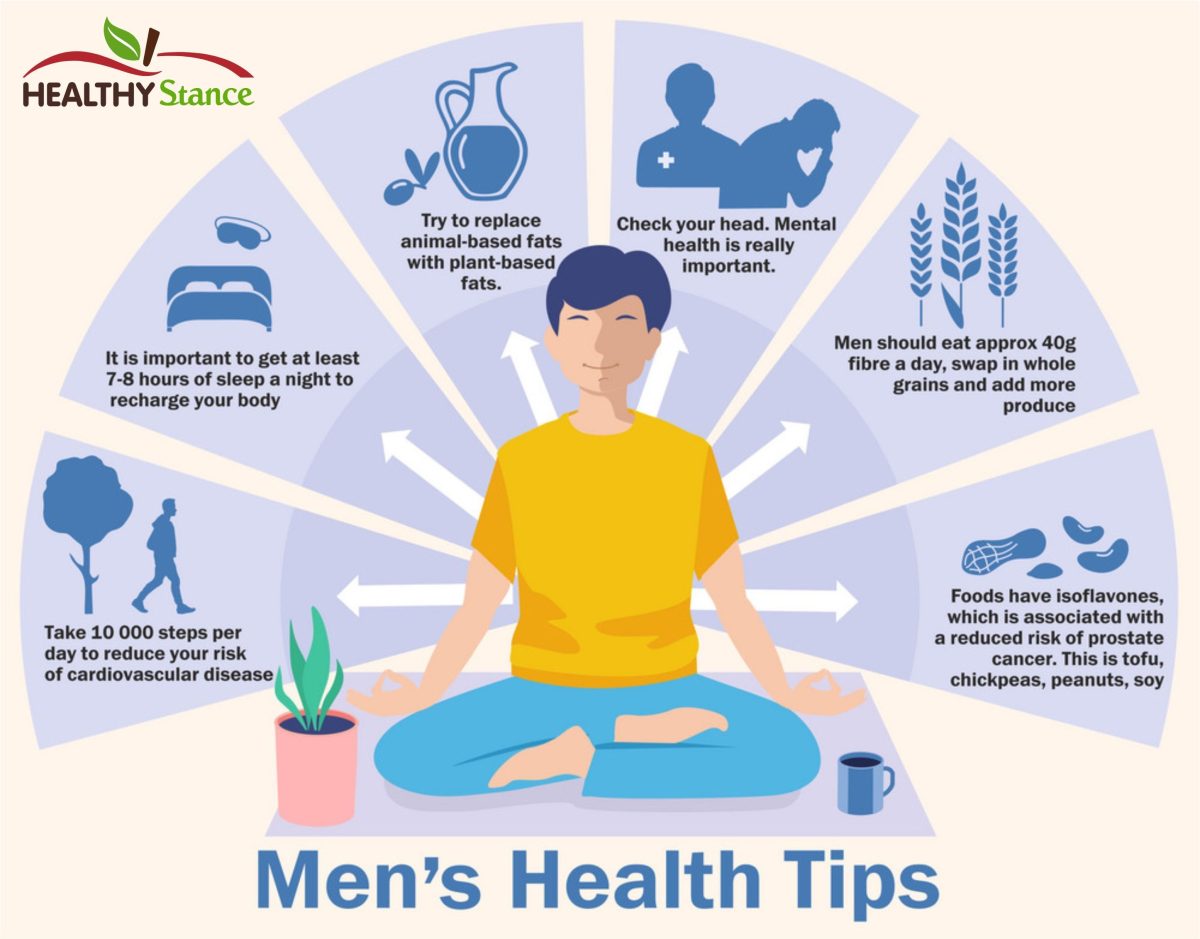Good nutrition and a healthy diet play a vital role in maintaining men’s overall wellness. Proper nutrition not only helps in staying fit and active but also reduces the risk of developing various health conditions. In this article, we will explore the importance of nutrition and diet for men’s wellness, and discuss key dietary tips to incorporate for a healthier lifestyle.
The Importance of Proper Nutrition
Proper nutrition is essential for maintaining men’s wellness at every stage of life. It provides the necessary nutrients and energy required for optimal bodily functions. A well-balanced diet can promote strong bones and muscles, boost the immune system, enhance cognitive function, and improve overall moods.
Key Nutrients to Focus On
While each individual’s nutritional needs may vary, there are certain key nutrients that men should focus on to support their wellness: Protein: Essential for muscle growth, repair, and maintenance. Include lean meats, poultry, fish, legumes, and dairy products. Fiber: Promotes digestive health and helps prevent heart disease. Consume whole grains, fruits, vegetables, and legumes. Omega-3 Fatty Acids: Reduce inflammation, support heart health, and improve cognitive function. Add fatty fish, nuts, and seeds to your diet. Vitamin D: Crucial for bone health and testosterone production. Get sunlight exposure and include fortified dairy products or consider a vitamin D supplement. Calcium: Essential for strong bones and teeth. Include dairy products, fortified plant-based milks, and leafy green vegetables. Vitamin C: Boosts immune function and supports collagen production. Enjoy citrus fruits, berries, peppers, and leafy green vegetables.
Dietary Tips for Men’s Wellness
1. Eat a Balanced Diet
A well-balanced diet should include a variety of fruits, vegetables, whole grains, lean proteins, and healthy fats. Avoid excessive intake of processed foods, sugary snacks, and sodas.
2. Control Portion Sizes
Avoid overeating and practice portion control. Pay attention to hunger and satiety cues. Listen to your body and stop eating when you feel satisfied, not overly full.
3. Stay Hydrated
Drink plenty of water throughout the day to stay hydrated. Water aids digestion, regulates body temperature, and supports overall bodily functions.
4. Limit Alcohol and Caffeine
While moderate alcohol consumption may be acceptable, excessive drinking can lead to various health problems. Similarly, limit your caffeine intake and opt for healthier alternatives like herbal teas.
5. Meal Preparation and Planning
Plan your meals in advance to ensure they are balanced and nutritious. Prepare meals at home to have better control over ingredients and portion sizes.
6. Consume Healthy Snacks
Opt for nutritious snacks such as fruits, vegetables with hummus, Greek yogurt, nuts, or seeds instead of sugary or processed snacks.
Proper nutrition and a healthy diet are crucial for men’s wellness. By focusing on key nutrients and adopting healthy eating habits, men can improve their overall health, reduce the risk of chronic diseases, and enhance their quality of life. Remember, small changes in diet can lead to significant positive impacts on overall well-being.

